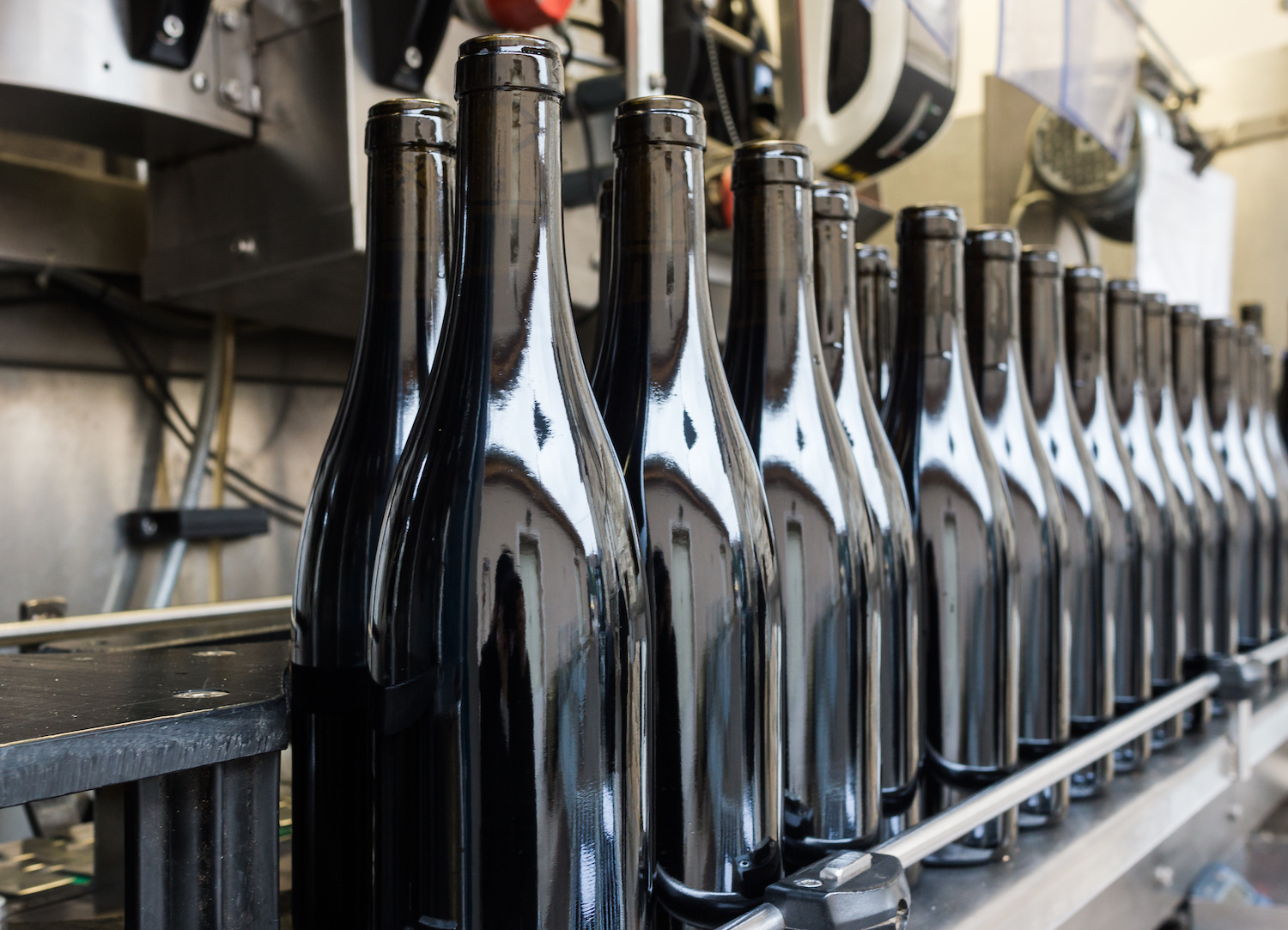April 23rd. Washington, DC–Winery trade associations around the country have so far been able to withstand the negative impacts of the Covid-19 crisis, but one-third of them fear they may not last if the current situation continues for long, according to a new online survey conducted by WineAmerica, the national association of American wineries.
The survey involved 30 members of WineAmerica’s State and Regional Associations Advisory Council (SRAAC) who responded to questions about their operations, the impact of the crisis on them, and the perceived impact on the wineries they represent. The associations represented a total of 19 states.
“Winery trade associations are a vital part of the American wine industry, and perhaps nothing has shown this more dramatically than their crucial role as information clearinghouses during the coronavirus crisis,” said WineAmerica President Jim Trezise, “No associations were originally created for crisis management, but many have eagerly and effectively stepped up to that key role in these challenging time. Obviously, their organizational and financial health is vital to the wine industry’s future.”
Of the 30 respondents, 26 were private sector organizations and 4 were public sector groups within state departments of agriculture, for example. The public sector organizations derived their funding from several different government sources, topped by special grants but also including general funds and dedicated excise tax revenues, supplemented by income from dues and events.
Budget levels ranged from less than $100,000 (5 respondents) to $100,000 – $500,000 (11, the most), to $500,000 – $1,000,000 (7) and over $1,000,000 (5). Most associations have more than one function, and the most common functions were marketing and education (21 each), followed by research (12), lobbying (3), communications (2 each), and business development (1). The average association has nearly 5 employees, but the range is vast, from 1 to 50, and the median level is 2. In other words, these are mostly very small organizations, just like the vast majority of American wineries they represent.
To date, the impact of the coronavirus on associations has been modest, but the longer term outlook is more worrisome if the current situation continues. Of the 30 associations, only 4 have had to lay off any employees so far, and those which have done so hope and expect to hire them back when things return to normal. Five associations have applied for federal grants to help get them through the crisis.
Half of the associations expect to lose members, ranging from a minimum 5% loss to maximum 50%, with the average at 19%. While the resulting revenue losses varied widely, the most common range, with 5 of 14 respondents, was 11-20%.
Perhaps the major impact so far has been the need to reduce or eliminate certain functions, which 21 respondents reported. Most impacted were marketing (14), education (8) and events (7), followed by research (6) and lobbying (3).
Of the 4 publicly funded associations, plus 5 private sectors organizations which receive some government funding, 5 said they expect reduced funding due to government cutbacks, with the average loss projected at 22% and the maximum at 60%. Of all organizations responding, both private and public, 33% said they fear that their association may not survive the crisis.
In terms of the association leaders’ perspectives on how their winery members were being impacted, the best news of the survey was that 0 (zero) reported that they know of any wineries in their state or region that have closed for good.
But if the crisis continues well into the summer (e.g., end of July), the average association projected that in their area 10 wineries could fail, with the maximum at 100. Finally, 22 of the respondents reported that they knew that some of their region’s wineries have applied for federally available relief like the Paycheck Protection Program, which is a good sign that the industry is being proactive.
“Trade associations are both vital and vulnerable,” said Josh McDonald, Executive Director of the Washington Wine Institute and current Chair of the SRAAC. “We play a crucial role in centralizing communication and cooperation for the industry, and advocating for our members in the public arena. But our ability to do that, and even to survive, largely depends on the ability of our members to invest in our operations to protect their future.These are truly perilous times, but fortunately our industry is comprised of tough, passionate, dedicated people determined to forge a better future.”
View full results of the survey.
Media contact: Jim Trezise (jimtrezise@nullwineamerica.org


